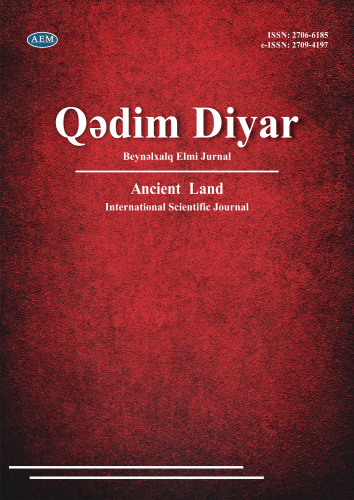https://doi.org/10.36719/2706-6185/42/137-140
Ilyas Valiyev
Azerbaijan State Oil and Industry University
Master student
https://orcid.org/0009-0007-1209-1121
Strategic Management in the Anti-Crisis Regulation of the
Organization's Activities
Abstract
The necessity for efficient anti-crisis solutions in organisational management has increased due to the growing complexity and unpredictability of global economic and social systems. The importance of strategic management in handling crises and guaranteeing the long-term viability of organisational activities is examined in this article. In order to handle disruptions, reduce risks, and regain stability, it places a strong emphasis on integrating strategic frameworks with crisis response procedures. The creation of early warning systems, risk assessment techniques, and adaptive decision-making procedures are important areas of concentration.
The study emphasizes how crucial it is to match strategic objectives with crisis management programs in order to promote resilience and preserve competitiveness. In order to maximize the organization's capacity to handle emergencies, it examines useful strategies such stakeholder communication, resource reallocation, and scenario planning. Additionally, it emphasizes the importance of leadership in fostering innovation, leveraging technology breakthroughs, and developing an agile organizational culture.
The results show how strategic management may turn crises into chances for development and innovation, offering practical advice to policymakers and business executives. Organizations may reduce immediate risks and create a strong basis for long-term success in an increasingly unpredictable world by taking a proactive and methodical approach.
Keywords: strategic management, anti-crisis regulagion, risk assesment, proactive strategies, stakeholder engagement, economic volality

